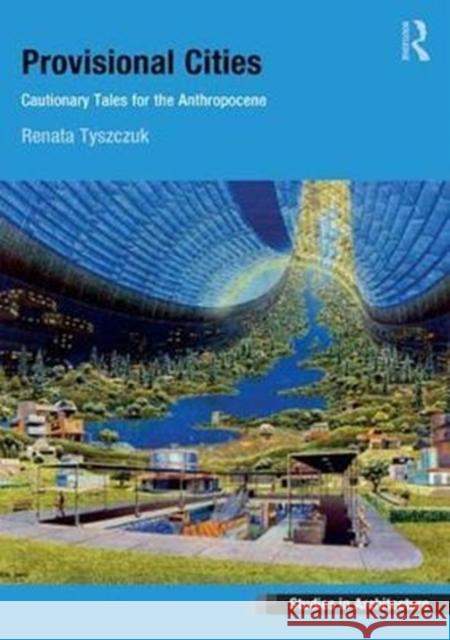Provisional Cities: Cautionary Tales for the Anthropocene » książka
Provisional Cities: Cautionary Tales for the Anthropocene
ISBN-13: 9781472426109 / Angielski / Twarda / 2017 / 304 str.
Provisional Cities: Cautionary Tales for the Anthropocene
ISBN-13: 9781472426109 / Angielski / Twarda / 2017 / 304 str.
(netto: 669,47 VAT: 5%)
Najniższa cena z 30 dni: 654,86
ok. 22 dni roboczych
Bez gwarancji dostawy przed świętami
Darmowa dostawa!
Climate change establishes humans as a disruptive geological force and reminds us of collective vulnerability, responsibility and uncertainty. However, science, policy and built environment debates have tended to overshadow accounts that address the historical, philosophical and ethical dimensions of living with environmental change. In the midst of this, architects are charged with redefining how we create and maintain our cities in order to limit environmental impacts and risks. This book examines the provisional aspects of architecture in relation to discussions around climate change, charts the dynamic, changing and contradictory relationship between architecture and the global environmental crisis and looks at how to re-position architectural practice in relation to wider intellectual, environmental, political and cultural shifts. Without dismissing the technical and scientific dimensions of urban sustainability, the book suggests that these must be bound in with more culturally, historically and ethically informed approaches. It therefore explores both the historical precedents and the current development of relational and ecological imaginaries of discussions around architecture and environmental change. The book argues that moving towards these rounder and richer accounts might equip humanity to think through questions of vulnerability, responsibility and opportunity presented by immense global processes of change. Central to this project is the proposition that living with uncertainty requires that architecture is reframed as a provisional practice.











